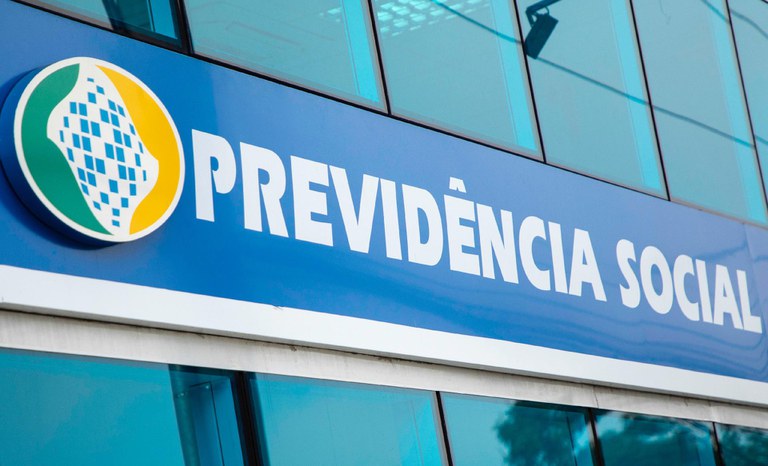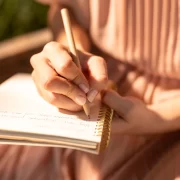| Polvo | ||||||||
|---|---|---|---|---|---|---|---|---|
 | ||||||||
| Classificação científica | ||||||||
| ||||||||
| Famílias | ||||||||
| 14 em duas subordens, ver abaixo |
Os polvos são moluscos marinhos da classe Cephalopoda e da ordem Octopodopa, que significa "oito pés" - a sua característica principal é uma coroa de oito tentáculos com fortes ventosas na cabeça, à volta da boca.
Octopuses are characterized by their eight arms, usually with sucker cups on them. Unlike most other cephalopods, octopuses have entirely soft bodies; they have neither a protective outer shell like the nautili, nor an internal shell or bone like cuttlefish or squids.
Three defensive mechanisms are typical of octopuses: ink sacs, camouflage and autonomising limbs. Most octopuses can eject a thick blackish ink in a large cloud to aid in escaping from predators. They also have specialized color changing skin cells called chromatophores which they can use to blend into the environment to hide. They can also use this ability as a warning; the very poisonous Blue-ringed Octopus becomes bright yellow with blue rings when it is provoked. When under attack, octopuses can also detach and autonomise their limbs, in a similar manner to skinks and other lizards. The crawling arm serves as a distraction to would-be predators; this ability is also used in mating.
In the larger sense, there are 289 different octopus species, which is over one-third the total number of cephalopod species.
They have a very short life span, and some species live for as little as six months. Larger species, such as the North Pacific Giant Octopus, may live for up to five years if they do not reproduce. However reproduction is a cause of death. Males can only live for a few months after mating, whereas females die shortly after hatching their eggs.
Octopuses are highly intelligent, and are able to learn how to distinguish the difference between colors and shapes. More impressive is that they can remember the shapes and colors and their meanings for up to two years. They can also learn how to unscrew the lid of a jar with its tentacles, and the octopus called Einstein at the british Blue Reef Aquarium could open a tin within seconds with two tentacles, opening it even faster if it was filled with food. They also understand the concept of mirrored images and soon realize there's no use attempting to attack its own image. Octopuses also share some emotions normally associated with humans, such as embarrasement, trust, and a great curiosity. In many countries, including the United States and the United Kingdom, octopuses are on the list of experimental animals on which surgery may not be performed without anesthesia.
In some cultures, octopuses are caught for food.
A common belief is that when stressed, an octopus may begin to eat itself. However, limited research conducted in this area has revealed that the cause of this abnormal behaviour may be due to a virus that attacks the octopus's nervous system.
Classificação
CLASS CEPHALOPODA
- Subclass Nautiloidea: nautilus
- Subclass Coleoidea
- Superorder Decapodiformes: squid, cuttlefish
- Superorder Octopodiformes
- Order Vampyromorphida: Vampire Squid
- Order Octopoda
- Suborder Cirrina: finned deep-sea octopus
- Family Cirroteuthidae
- Family Grimpoteuthididae
- Family Luteuthididae: Lu's Jellyhead
- Family Opisthoteuthidae: umbrella octopus
- Family Stauroteuthidae
- Suborder Incirrina
- Family Alloposidae: Seven-arm Octopus
- Family Amphitretidae: telescope octopus
- Family Argonautidae: argonauts
- Family Bolitaenidae: gelatinous octopus
- Family Idioctopodidae
- Family Octopodidae: benthic octopus
- Family Ocythoidae: Tuberculate Pelagic Octopus
- Family Tremoctopodidae: blanket octopus
- Family Vitreledonellidae: Glass Octopus
- Suborder Cirrina: finned deep-sea octopus
- Superorder Octopodiformes
- Superorder Decapodiformes: squid, cuttlefish




 " class="attachment-atbs-s-4_3 size-atbs-s-4_3 wp-post-image" alt="O que estudar para o enem 2023">
" class="attachment-atbs-s-4_3 size-atbs-s-4_3 wp-post-image" alt="O que estudar para o enem 2023"> " class="attachment-atbs-s-4_3 size-atbs-s-4_3 wp-post-image" alt="Qual melhor curso para fazer em 2023">
" class="attachment-atbs-s-4_3 size-atbs-s-4_3 wp-post-image" alt="Qual melhor curso para fazer em 2023"> " class="attachment-atbs-s-4_3 size-atbs-s-4_3 wp-post-image" alt="Enem: Conteúdos E Aulas On-Line São Opção Para Os Estudantes">
" class="attachment-atbs-s-4_3 size-atbs-s-4_3 wp-post-image" alt="Enem: Conteúdos E Aulas On-Line São Opção Para Os Estudantes"> " class="attachment-atbs-s-4_3 size-atbs-s-4_3 wp-post-image" alt="Como Fazer Uma Carta De Apresentação">
" class="attachment-atbs-s-4_3 size-atbs-s-4_3 wp-post-image" alt="Como Fazer Uma Carta De Apresentação"> " class="attachment-atbs-s-4_3 size-atbs-s-4_3 wp-post-image" alt="Como Escrever Uma Boa Redação">
" class="attachment-atbs-s-4_3 size-atbs-s-4_3 wp-post-image" alt="Como Escrever Uma Boa Redação"> " class="attachment-atbs-s-4_3 size-atbs-s-4_3 wp-post-image" alt="Concurso INSS edital 2022 publicado">
" class="attachment-atbs-s-4_3 size-atbs-s-4_3 wp-post-image" alt="Concurso INSS edital 2022 publicado">


